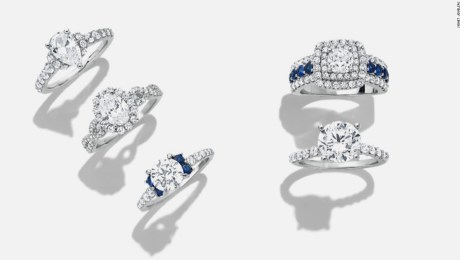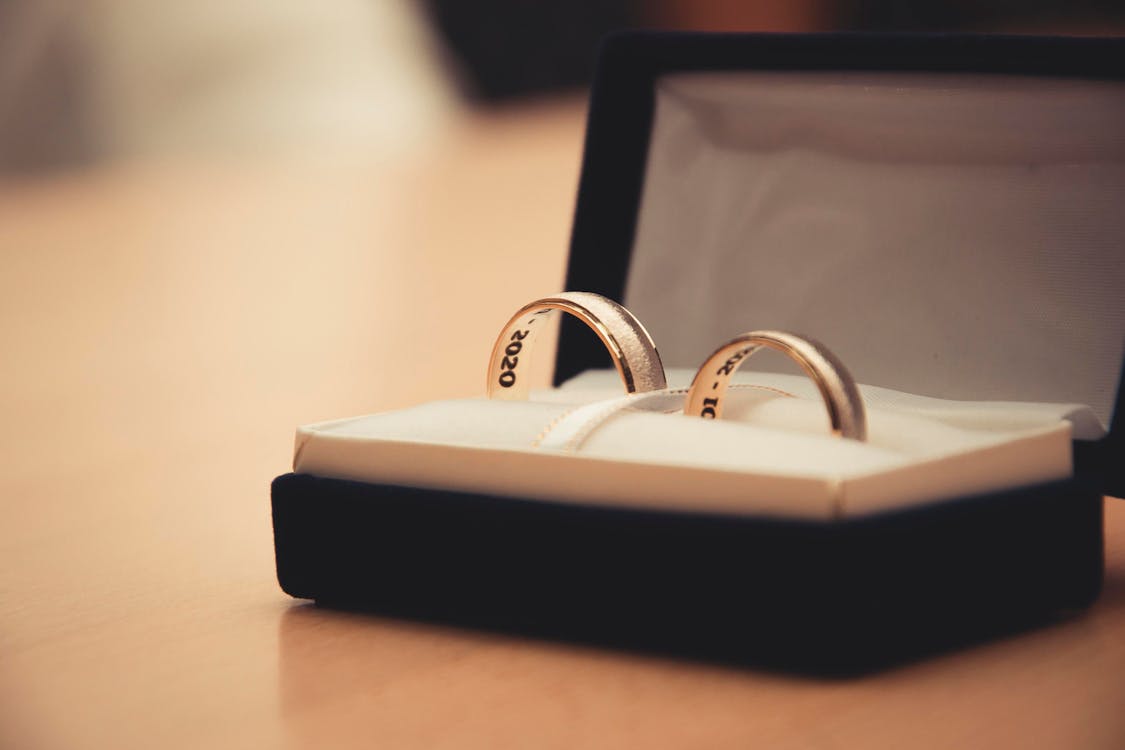What is Diamond Certification?
Before we get into the specifics of igi vs gia, let’s take a step back and understand what diamond certification is. Simply put, diamond certification is a formal report provided by a gemological laboratory, outlining the characteristics of a diamond. This includes the 4 Cs—Cut, Color, Clarity, and Carat weight—and how they measure up to industry standards.
Certification acts as a guarantee that a diamond’s quality has been professionally evaluated. Without it, you’re essentially buying a “blind” stone with no clear benchmark for quality.
Why Diamond Certification Matters
When you buy a diamond, especially one that comes with a hefty price tag, you want to know exactly what you’re getting. Certification gives you peace of mind and ensures you’re paying for the quality you’re promised. Think of it as a report card for your diamond. A high-quality certificate means your diamond has been graded according to the most accurate, unbiased methods available.
Additionally, having a reputable certification can impact the resale value and insurance coverage of your diamond. In essence, it validates the diamond’s value in the eyes of professionals and consumers alike.
Overview of IGI (International Gemological Institute)
IGI is one of the leading gemological laboratories globally, providing grading and certification services for diamonds, gemstones, and jewelry. Established in 1975, IGI has built a reputation for being a reliable, accessible grading institution.
History and Background of IGI
Founded in Antwerp, Belgium, IGI’s mission is to bring trust and transparency to the diamond industry. The organization has since expanded globally, with offices in cities across Europe, the U.S., Asia, and the Middle East. IGI’s focus on consumer education, accessibility, and fair pricing has made it one of the most recognized names in the industry.
IGI’s Diamond Grading Process
IGI uses advanced technology and expert gemologists to evaluate diamonds. The grading process includes examining all the key factors, including cut, color, clarity, and carat weight. IGI is known for its consistent grading standards, making it a trusted institution in the diamond industry.
Pros and Cons of IGI Certification
-
Pros:
- Often more affordable compared to GIA-certified diamonds.
- Widely recognized and respected, particularly in the retail sector.
- Transparent grading reports that are easy for consumers to understand.
-
Cons:
- Some critics argue that IGI’s grading tends to be slightly more lenient than GIA’s, which could lead to discrepancies in perceived value.
- Not as prestigious as GIA when it comes to resale value.
Overview of GIA (Gemological Institute of America)
Founded in 1931, GIA is perhaps the most prestigious and well-known gemological laboratory in the world. The GIA is a non-profit organization with a mission to ensure the highest standards in the grading and certification of diamonds.
History and Background of GIA
GIA revolutionized the diamond industry when it introduced the 4 Cs (cut, color, clarity, and carat weight) as a standard method of grading diamonds. The GIA is not only known for grading diamonds but also for its research and educational programs that have set the benchmark for the entire gemological industry.
GIA’s Diamond Grading Process
GIA’s grading process is incredibly rigorous and is performed by experienced gemologists. They use a combination of advanced technology and hands-on inspection to determine a diamond’s characteristics. This method has earned GIA a reputation for being incredibly precise and highly consistent.
Pros and Cons of GIA Certification
-
Pros:
- Recognized globally as the gold standard in diamond grading.
- Highly trusted by both consumers and professionals in the diamond industry.
- Known for incredibly precise, conservative grading that often results in higher valuations.
-
Cons:
- GIA-certified diamonds tend to be more expensive than IGI-certified stones.
- The grading process can take longer due to its thorough nature.
Key Differences Between IGI and GIA
Now that we’ve covered the basics of IGI and GIA, let’s break down the key differences between these two diamond grading institutions.
Grading Standards
While both IGI and GIA use the same fundamental grading criteria (the 4 Cs), GIA is often considered the more conservative grading body. GIA diamonds tend to receive lower grades in terms of clarity and color, leading to higher values and a stronger reputation for quality.
IGI, on the other hand, is generally seen as slightly more lenient with its grading. This means that a diamond certified by IGI might appear to be of slightly higher quality compared to a GIA-certified stone of the same characteristics.
Reputation and Recognition
GIA is considered the gold standard in diamond grading and certification. It has a longstanding history and is often the preferred certification for diamonds sold in high-end markets and auction houses. IGI, while still highly respected, doesn’t carry the same weight in terms of global prestige.
Pricing and Value
Because GIA tends to grade man made diamonds more conservatively, GIA-certified stones are often priced higher. However, the higher price typically reflects the diamond’s true quality, which is verified by GIA’s rigorous grading process. IGI-certified diamonds may offer better value for those looking for a more affordable option, though there may be concerns about whether the grading is as strict.
Consumer Trust and Transparency
GIA has built a reputation for transparency and trustworthiness over decades. Many consumers are willing to pay a premium for a GIA-certified diamond because of the level of confidence it instills. IGI also has a solid reputation but is sometimes perceived as more favorable to retailers, potentially leading to questions about impartiality.
Which Certification is More Reliable?
When it comes to reliability, GIA is generally considered the more reliable of the two due to its consistent, conservative grading practices. If you’re looking for a diamond with long-term value, particularly if resale or investment is a consideration, GIA is often the safer bet.
However, IGI is a perfectly respectable grading institution, and if you’re more focused on getting a high-quality diamond at a lower price, IGI-certified diamonds can be a great choice.
How to Choose the Right Certification for You
The right certification for you depends on several factors, including your budget, the importance of the diamond’s resale value, and the specific qualities you’re looking for. Here’s a quick guide to help:
Factors to Consider When Buying Diamonds
- Budget: If you’re working with a strict budget, IGI diamonds tend to be more affordable.
- Purpose: For engagement rings or special gifts, consider whether a higher-end certification like GIA adds value.
- Resale Value: If you’re considering reselling your diamond in the future, GIA-certified stones are likely to retain their value better.
The Role of the Certification in Your Purchase Decision
Certification is an essential part of making an informed purchase. It ensures you’re getting exactly what you’re paying for. Ultimately, whether you choose IGI or GIA depends on your personal preferences and priorities.
Conclusion: The Final Verdict on IGI vs GIA
When it comes to diamond certification, both IGI and GIA offer valuable services. GIA is widely regarded as the gold standard for diamond grading and tends to command higher resale value due to its strict grading practices. However, if you’re after a beautiful diamond at a more accessible price, IGI is still an excellent option, with a reputation for delivering good value without sacrificing too much on quality.




